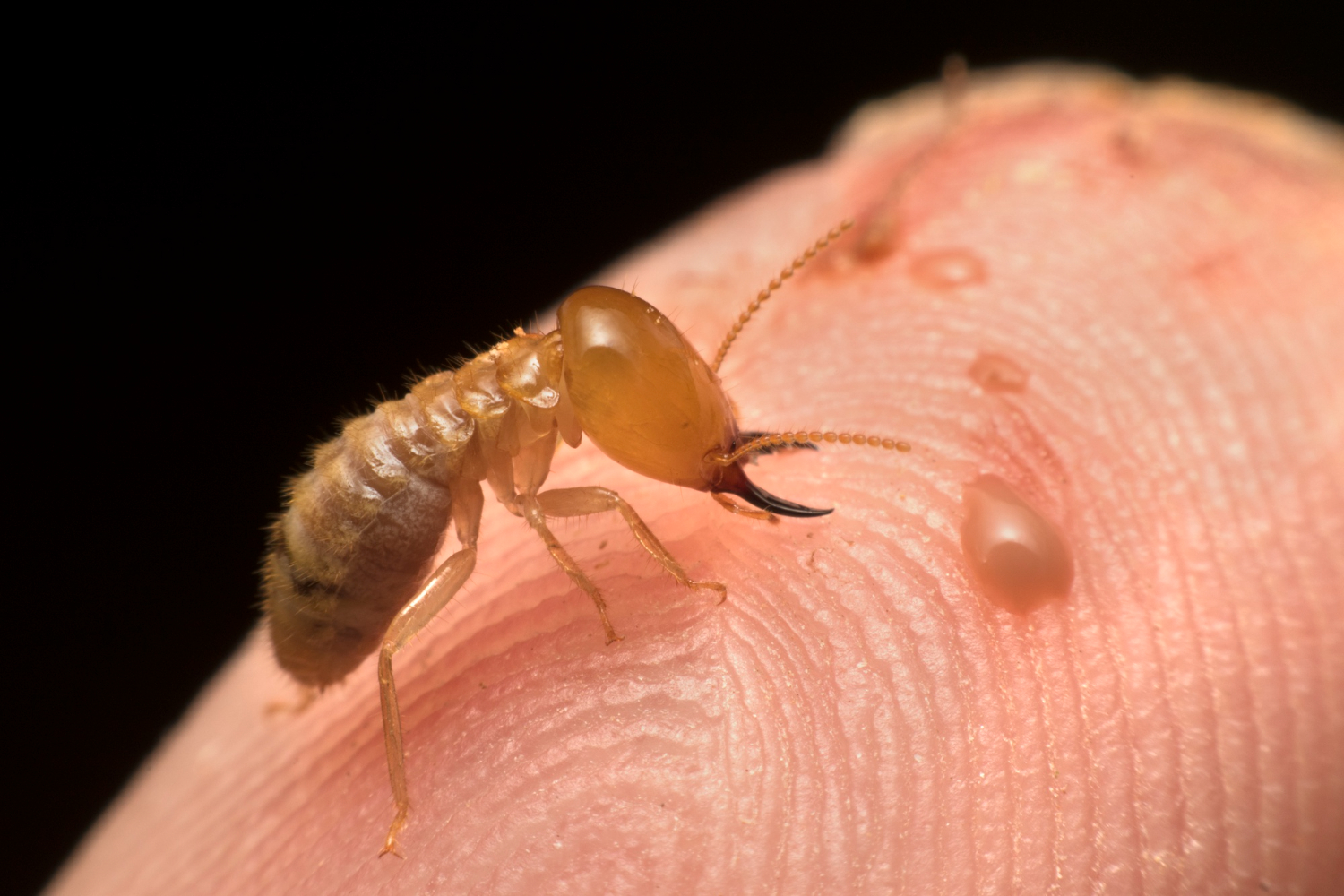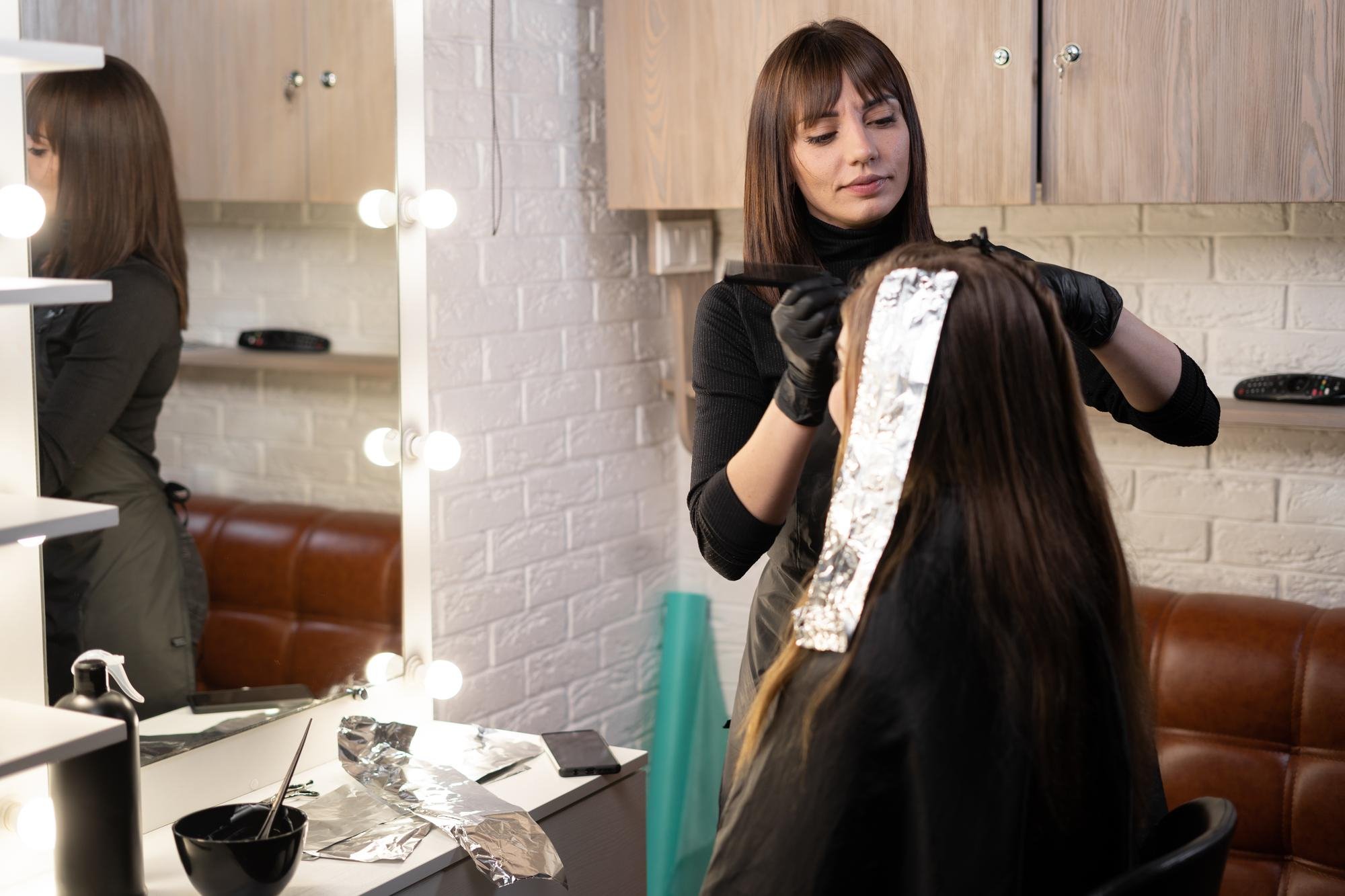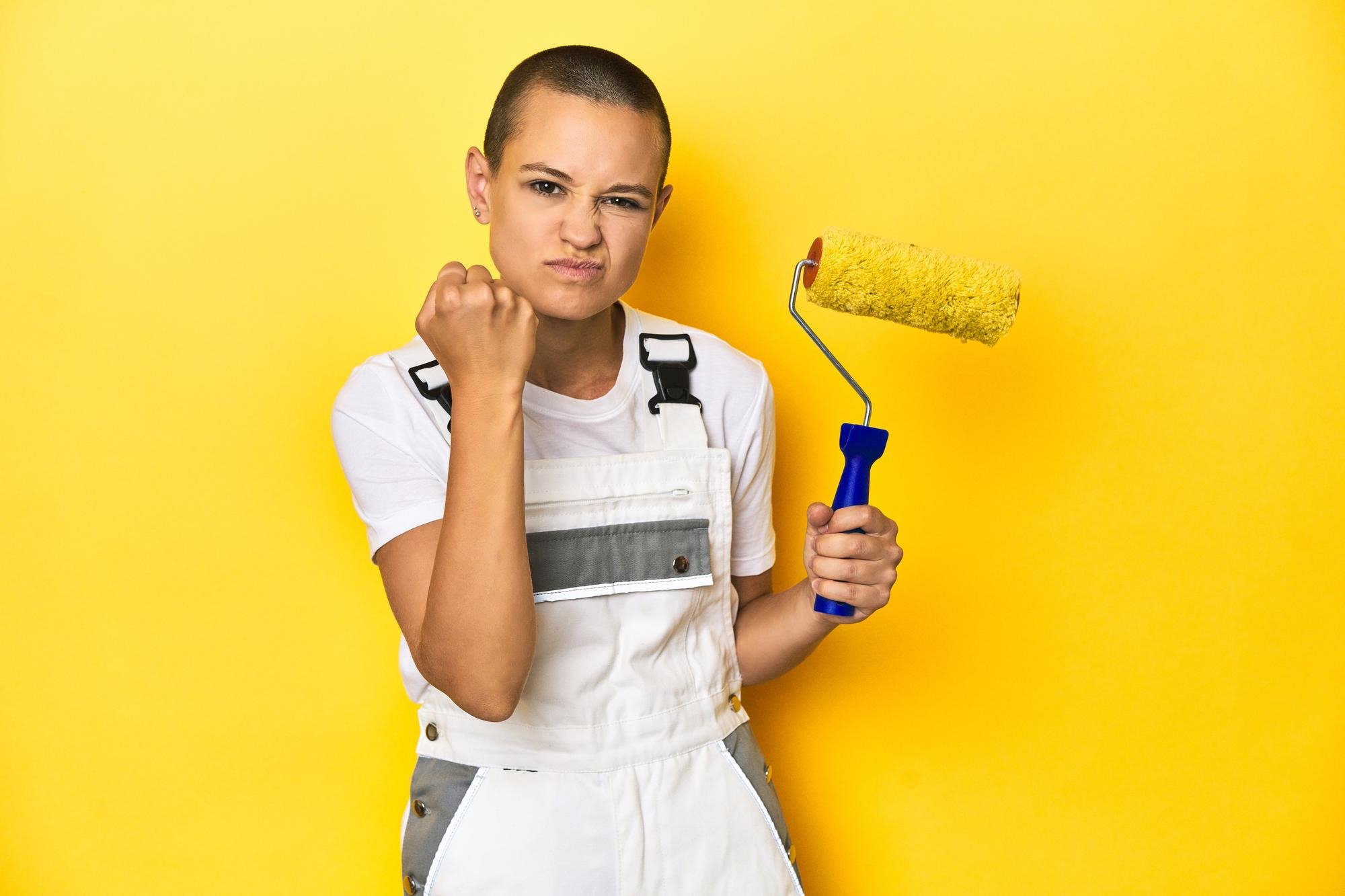When the word “termites” comes up, most of us think about the damage they cause to homes rather than their potential impact on humans. But for many, a question lingers—can termites bite humans? And if they can, is there anything to worry about?
This guide will answer all your questions about termite bites, from why and how they might occur to what you should do if bitten. We’ll also cover practical steps to prevent infestations and protect your home.
If you’re curious about these small but impactful creatures, keep reading to learn everything you need to know about termite behavior, bites, and treatment.
Table of Contents
ToggleWhat Are Termites, and Why Do They Bite?
Termites are small, social insects that thrive in colonies and feed primarily on cellulose, a substance found in wood and plant matter. Known for their incredible ability to devour wooden structures, they play a crucial role in ecosystems by breaking down dead wood. However, their wood-eating habits can cause significant structural damage in human environments, making them a common pest.
Within a termite colony, different castes serve unique purposes:
- Workers handle the bulk of feeding and caring for the colony.
- Soldiers are tasked with defending the colony and are equipped with larger, more powerful mandibles (jaws) that can bite in defense.
- Reproductives, like the queen and king, ensure the colony’s population growth.
Do Termites Bite Humans?
Yes, termites can bite humans, but this is exceedingly rare. Soldier termites, with their stronger jaws, may bite if they are directly handled or feel threatened. Unlike pests such as mosquitoes or bed bugs, termites don’t rely on humans as a food source and have no reason to seek us out.
Key Takeaway
The possibility of a termite bite is highly uncommon and typically occurs only when a soldier termite is provoked.
Can Termites Bite Humans?
To directly answer the question—yes, termites can bite humans, but it’s not something you need to worry about in most cases. Here’s why:
- Circumstances of a Bite
Termites are entirely wood-focused. Soldier termites may bite defensively if you’re handling them or if they’re disturbed while defending the colony. They do not attack humans unprovoked.
- Comparisons to Other Pests
Unlike mosquitoes, ticks, or fleas, which actively seek out blood to feed on, termites are not parasitic insects and aren’t naturally inclined to harm humans.
- Likelihood of Occurrence
The likelihood of being bitten by a termite is incredibly low, as they generally avoid human contact.
Quick Fact
Termites’ tiny jaws make their bites relatively harmless compared to more aggressive insect species. Most bites won’t leave lasting marks or pain.
What Happens When a Termite Bites You?
If you were to experience a termite bite, here’s what you might notice:
- Appearance
A termite bite might appear as a small, red bump on the skin, similar to a mild insect bite.
- Symptoms
You may feel mild itching, irritation, or swelling. However, most people won’t even notice the bite due to termites’ small jaws and minimal impact.
- Potential Harm
Termites do not carry diseases, so a bite is not dangerous. The body’s reaction is typically mild and subsides quickly.
How to Treat a Termite Bite:
- Wash the area with soap and water to prevent infection.
- Apply a cold compress to reduce swelling.
- Use over-the-counter anti-itch creams or antihistamines if irritation occurs.
Seek medical attention only if the bite shows signs of infection (e.g., redness, pus, or fever) or if symptoms worsen over time.
Pro Tip
If you’re unsure whether a bite is from a termite or another insect, consult a pest control expert who can rule out infestation risks.
Are Termites Harmful to Humans?
While termites are not harmful to humans directly, they pose a serious threat to our homes and wallets. Here’s why:
- Structural Damage
Termites’ wood-eating habits can weaken the integrity of walls, ceilings, and foundations. This can lead to costly repairs and, in severe cases, unsafe living conditions.
- Secondary Health Risks
Mold and bacteria often thrive in termite-damaged wood. These can cause respiratory issues or allergies in sensitive individuals.
Financial Impact
The extent of termite damage annually costs U.S. homeowners over $5 billion. Unfortunately, most homeowners’ insurance policies do not cover termite damage, emphasizing the importance of prevention.
Key Takeaway
The primary risk termites pose is to property, not people. Regular inspections and immediate action can save you from significant expenses.
Termite Behavior and Feeding Habits
Understanding termite behavior can help identify and address infestations before they escalate.
Preferred Habitats
Termites thrive in dark, damp environments. Depending on the species, you might find them:
- Subterranean termites in soil and foundations.
- Drywood termites in furniture and hardwood floors.
- Dampwood termites in moist wood, especially near plumbing leaks.
Feeding Preferences
Termites are cellulose specialists, consuming wood, paper, and even drywall. However, they have no interest in biting human skin unless provoked.
Signs of Infestation
- Hollow-sounding wood.
- Mud tubes on walls or foundations.
- Winged termites (swarmers) near windows or lights, especially during warmer months.
Act fast if you spot these signs—early intervention is key to minimizing damage.
What Should You Do If a Termite Bites You?
Termite bites require minimal care, but here’s what to do:
- Wash the bite with soap and water.
- Apply a cold compress to manage swelling.
- Use anti-itch creams for irritation.
When to Seek Help:
- If the bite becomes infected or does not heal properly.
- If you suspect the presence of termites in your home—preventing further interaction is crucial.
Proactive Prevention Tips
Preventing termite infestations can save your home and significantly reduce the chances of even accidental bites:
- Maintain proper drainage around the home to avoid excess moisture.
- Seal cracks and gaps in wood or foundational structures.
- Store woodpiles away from your home to limit accessible food sources.
- Schedule regular inspections with trusted pest control services.
Professionals can help identify risks early and recommend cost-effective solutions.
Protect Your Home from Termites Today
Now that you know termites aren’t a significant threat to humans but are devastating to structures, take proactive measures to protect your home.
- Schedule a professional termite inspection to safeguard your property.
- Implement preventative measures like proper drainage and sealing cracks in your home’s structure.
Termites might not hurt you, but they can hurt the places you value most. Don’t wait—keep them out before they make themselves at home.
FAQs
What Does a Termite Bite Look Like?
A termite bite is usually a small red bump, similar to common insect bites. It’s rare to even notice it.
Are Termites Dangerous to Humans?
No, termites don’t carry diseases and don’t harm people directly. Their primary danger lies in the structural damage they cause to buildings.
Can Termites Make You Itchy?
Not directly; however, allergens like mold and termite waste in infested areas may trigger itching or respiratory reactions.
How Can I Prevent Termite Infestations?
Seal entry points, maintain proper drainage, and schedule periodic home inspections to protect your property from termites.









